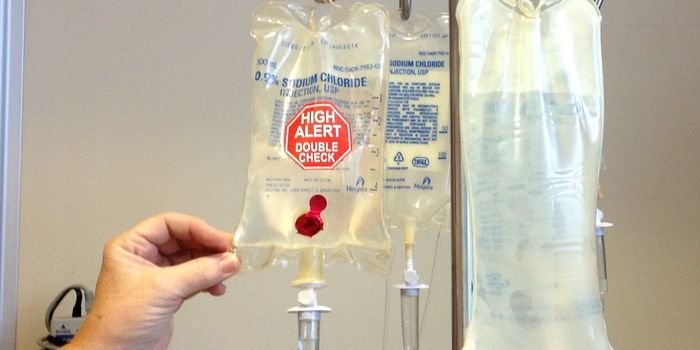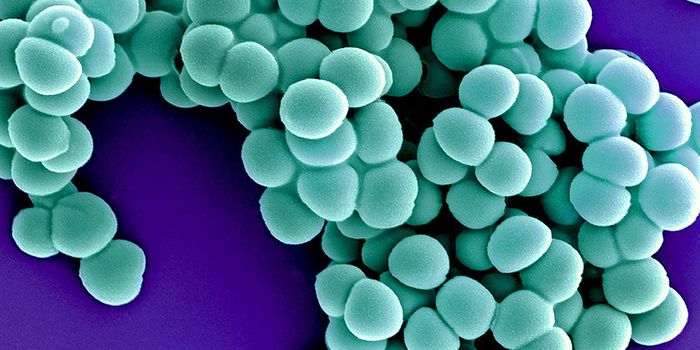Unique Immunotherapy Approach Used to Treat Autoimmune Disorders
Treatment for autoimmune diseases remains limited as scientists try to better understand how to effectively reprogram the immune system to correctly recognize itself. A new study investigates how a cancer therapy may help to overcome autoimmune disorders. Chimeric antigen receptors (CARs) are a type of immunotherapy that engineers cells to recognize and attack cancer. In this context, T cells are taken from a patient, engineered to recognize the cancer, and grown in a lab. The cells are then reinfused into the patient to effectively target the cancer. A recent article in Nature Biomedical Engineering by Dr. Saad Kenderian, takes this CAR approach and combines it with mesenchymal stromal cells to generate autoimmune therapy.
Kenderian is a principal investigator and hematologist at the Mayo Clinic where he focuses on the study of different hematologic malignancies and autoimmune diseases. His team has worked to generate CARs with mesenchymal stromal cells resulting in engineered stem cells known as “CAR-MSCs”. This therapy has the potential to effectively treat a wide range of autoimmune diseases. The concept behind CAR-MSCs is to treat patients with minimal interventions that have long lasting effects.
CAR-MSCs is focused on mesenchymal stromal cells due to their increased presence in different parts of the body including fat tissue, bone marrow, and umbilical cord blood. Interestingly, these cells have the ability to differentiate into several different cell types. Mesenchymal cells are also known to mediate the immune system by controlling inflammation and promoting immune tolerance, which prevents the body from attacking its own cells. CAR-MSCs allows physicians to treat patients through specific targeting of infected cells and limit toxicity.
CARs have several functions that make them an ideal therapeutic for autoimmune disorders: (1) target specific markers on infected cells; (2) act as an anchor to confirm cell binding; (3) activate an immune response. While stromal cells have previously been investigated, this combined treatment allows physicians to overcome single agent therapies limited by cell trafficking to the site of infection and effectively mediate inflammation. Through CAR-MSCs, researchers have the ability to enhance therapeutic efficacy and accurately reduce inflammation in patients.
The CAR-MSCs that Kenderian and his team assembled specifically target a protein involved in graft-versus-host disease and inflammatory bowl diseases including ulcerative colitis and Crohn’s disease. Graft-versus-host disease can occur in those that receive a bone marrow or stem cell transplant. In this case, the recipient attacks the donor tissue. Kenderian’s team found that CAR-MSCs engineered to target the upregulated protein in inflammatory diseases enhanced the trafficking of cells to the site of infection and reduced inflammation. Consequently, this resulted in improved outcomes and survival.
Overall, this new application of CAR engineering opens the door for enhanced therapy in patients with autoimmune disorders. Although much of this work is preliminary, Kenderian and his team hope to translate their work to the clinic and make CAR-MSCs more available to patients. This work lays the foundation for alternative treatments in the field of autoimmunity and builds upon the concept that stromal cells can effectively reduce inflammation.
Article, Nature Biomedical Engineering, Saad Kenderian, Mayo Clinic








